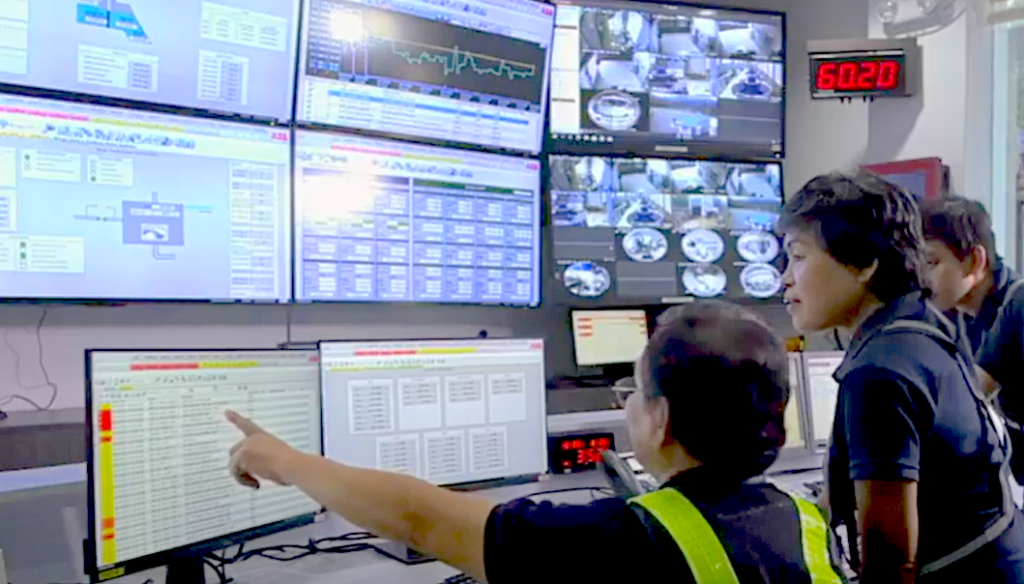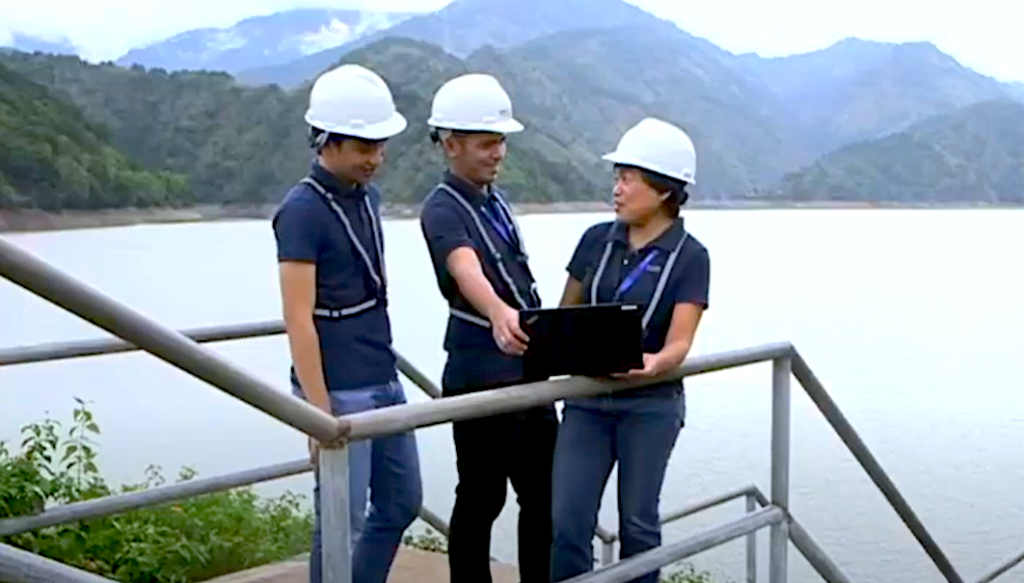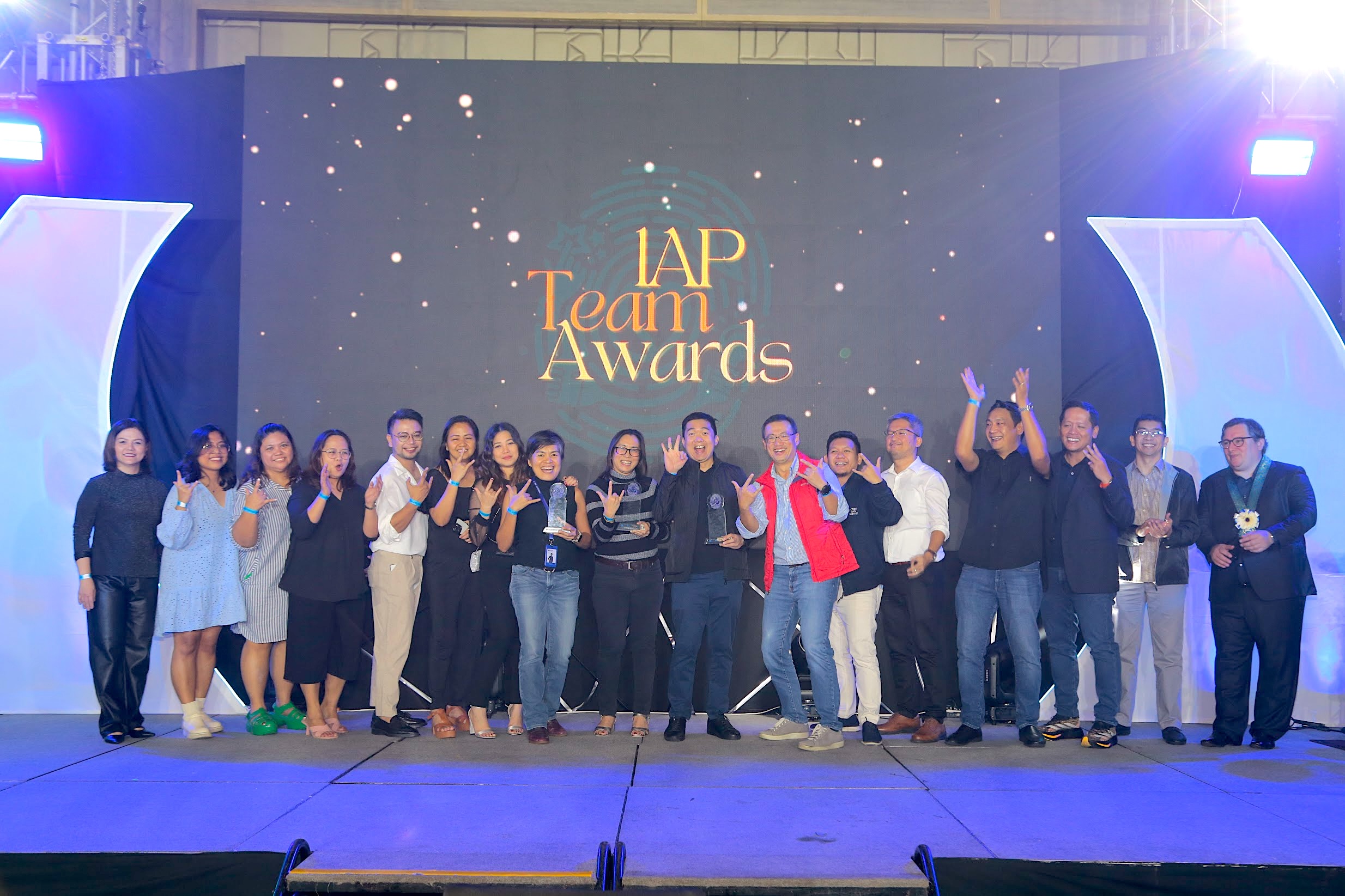By Bianca Gempesaw
In 2022, SN Aboitiz Power celebrated the first batch of graduates from its Data Science Upskilling Program (DSUP)—a bold experiment that turned domain experts into citizen data scientists. It was a statement: transformation doesn’t always come from hiring outside, but from unlocking talent within.
That bet has paid off. What began as a voluntary training initiative is now a cornerstone of SNAP’s digital transformation journey. DSUP reflected an early belief that operational experts—already rich in domain insight—could learn the tools to drive innovation from the inside out.
From Launch to Liftoff
The groundwork for this transformation began in 2017, when Chief Information Officer Maria Theresa “Mitch” Cabigon recognized data as a strategic asset. While the team had long engaged in forecasting and operations modeling, they hadn’t yet called it “data science.” This shift in perspective laid the groundwork for cultivating a data-driven culture—one that leverages science and AI to power smarter decisions and sustainable growth.
During the pandemic, a handful of volunteers, including Richard Logronio from the hydrology team, took a leap of faith with DSUP. As Mitch reflected, “The early batches laid more than just groundwork—they sparked belief.”
Since then, the program has matured. DSUP sits under the broader Data Acquisition, Reporting and Analytics (DARna) Program framework, which was built to advance SNAP’s data capabilities—from upskilling to real-world innovations. The curriculum evolved to reflect real operational needs, with schedules adjusted around peak workloads and continuous feedback driving improvements.
To support the growing pipeline of data science initiatives, SNAP built a dedicated data science team. Joel Capistrano, Head of Data Science and AI, joined SNAP in 2021 to help operationalize the first wave of machine learning models into production. He now leads the program, along with overseeing the model development of new use cases and DSAI governance. Meanwhile Efren Doren, Head of Data Management and Cloud Operations, led the effort to streamline data access. This ensures that citizen data scientists can move from concept to deployment efficiently.
AI in Real-World Operations
One standout result for DSUP is Dakbayan, a model co-developed by Richard to forecast rainfall and inflows. “Dakbayan improved rainfall forecasts by 50% and inflow accuracy by 10%. That alone had a measurable financial impact,” Richard shared.
Other high-impact use cases include:
- Real-Time Price Forecasting – Enabling real-time pricing decisions and responding more effectively to market trends.
- Per Unit Capability Forecasting – Helping teams declare capacity more accurately, reducing penalties, and improving compliance.
- Turbine Efficiency Prediction – Helping teams identify at which MW each unit is running the most efficiently, providing additional information for resource planning that was previously unavailable.
Today, over 20 machine learning models are live and running, all developed by DSUP participants, who applied their training to real business challenges. As Joel explained, the key was relevance: “People worked on problems they deeply understood, where AI could make a real difference.”


Scaling with Structure
As DSUP scaled, so did the framework around it. The curriculum became more hands-on and context-driven. Participants apply familiar tools to solve real business problems.
As part of DSAI, governance mechanisms were introduced to ensure ongoing model relevance. When performance drops or new patterns emerge, domain experts trigger recalibration with the support of the data science team.
SNAP uses Google Cloud’s pay-as-you-go services to keep costs low during experimentation. For just PHP 1.2 to 2 million annually, the company runs its full AI suite, a fraction of traditional enterprise setup costs.
Expanding Horizons
With data science firmly embedded in SNAP’s culture, the company is now focused on what’s next: Digital Twins and Generative AI.
Initial projects like Sophie, a knowledge assistant, are already underway. The roadmap now points to tools that can answer real-time operational questions.
“Our goal is to make intelligence as accessible as conversation,” Mitch explained. “When our people can interact with data as easily as they collaborate with each other, that’s when transformation accelerates.”
Mitch envisions a future where team members can interact with data naturally—through voice or chat—via AI-powered BigQuery and Gemini. Combined with Digital Twin tools, this could allow teams to simulate operations, test strategies, and make faster, smarter decisions.
Over the years, SNAP’s citizen data scientists have evolved from learners to leaders—driving innovation from within business teams. As AI advances, SNAP’s empowered workforce is poised to shape the future—fueling a transformation powered by technology and led by people, in sync with the Aboitiz Group’s vision.

